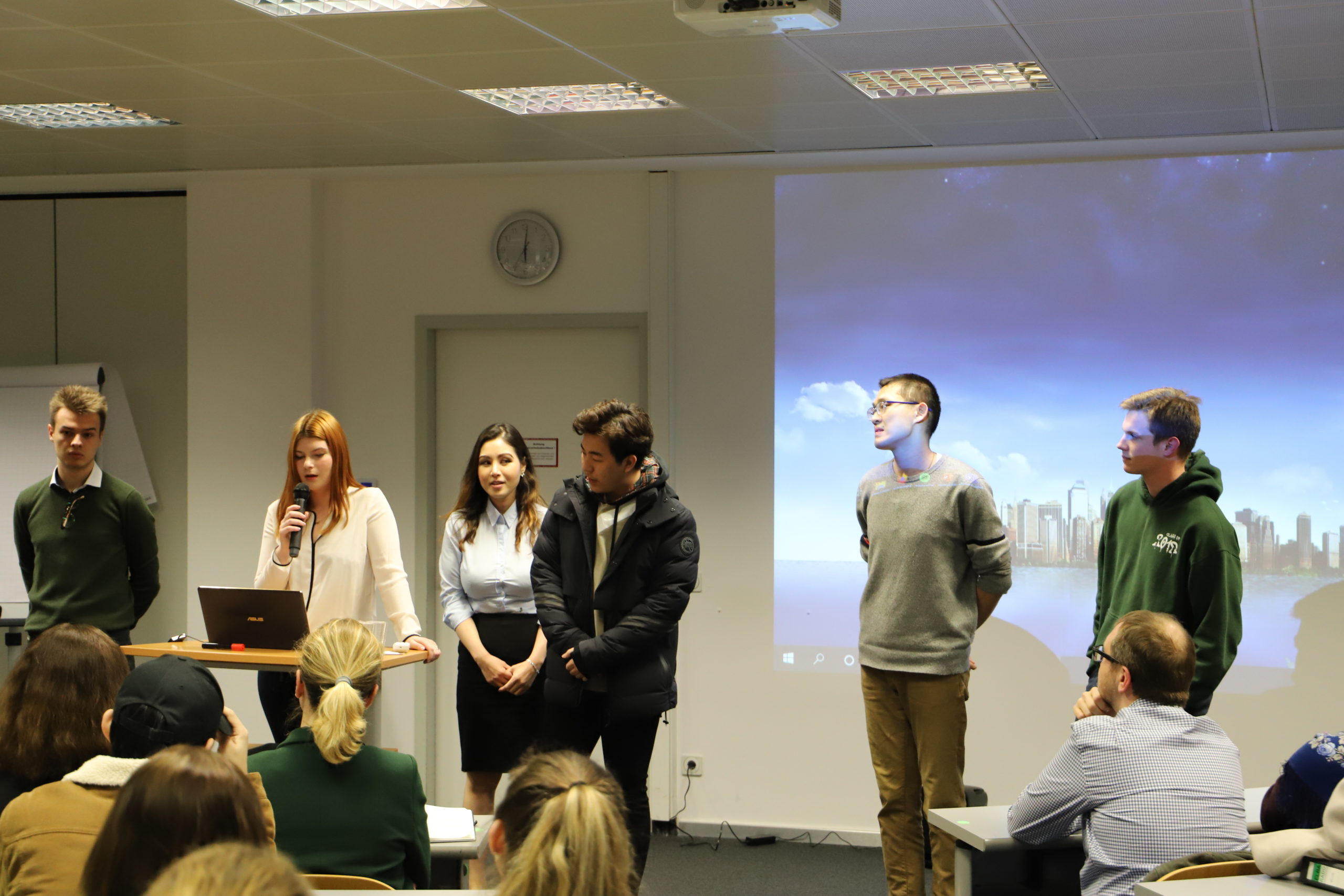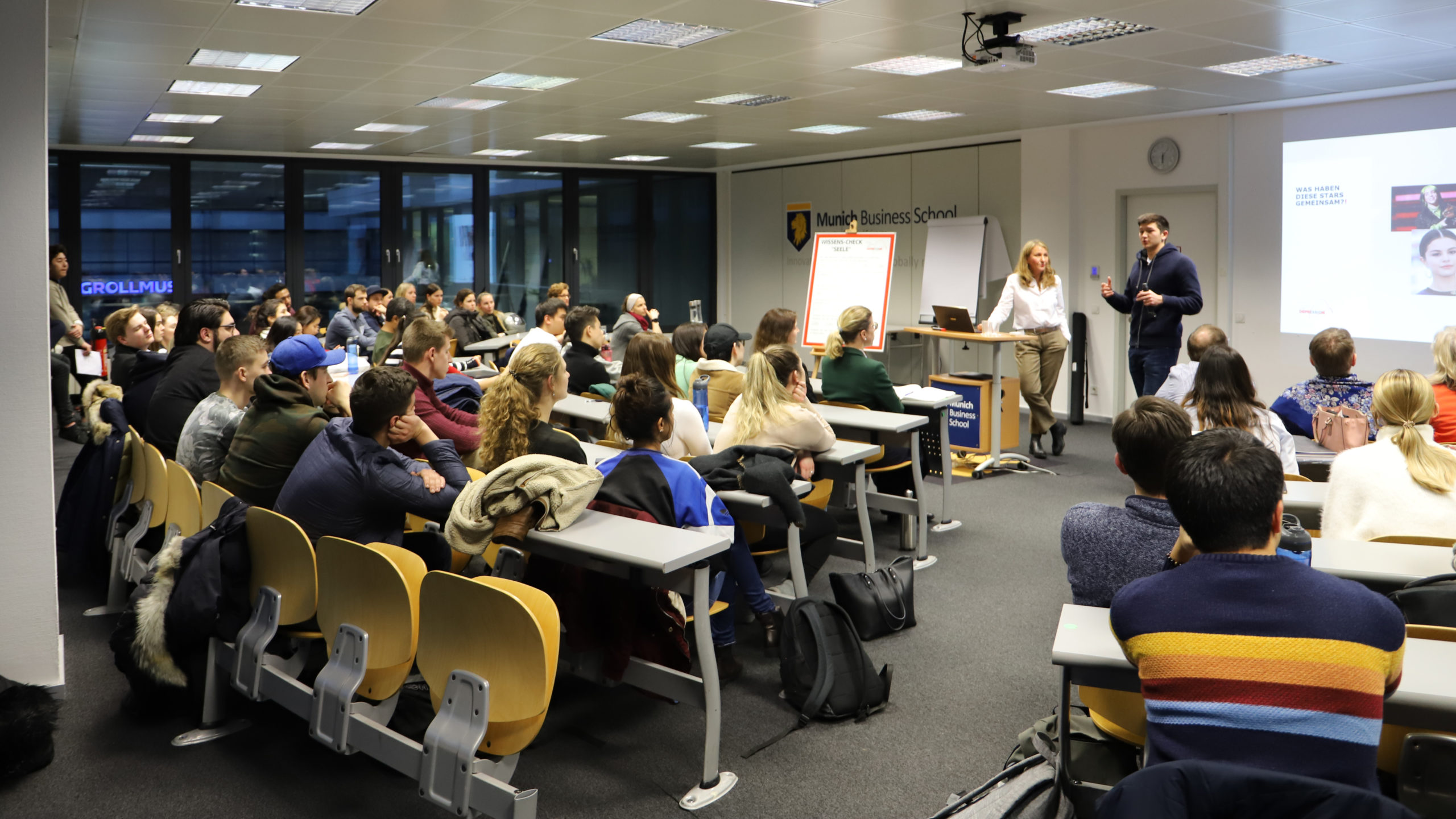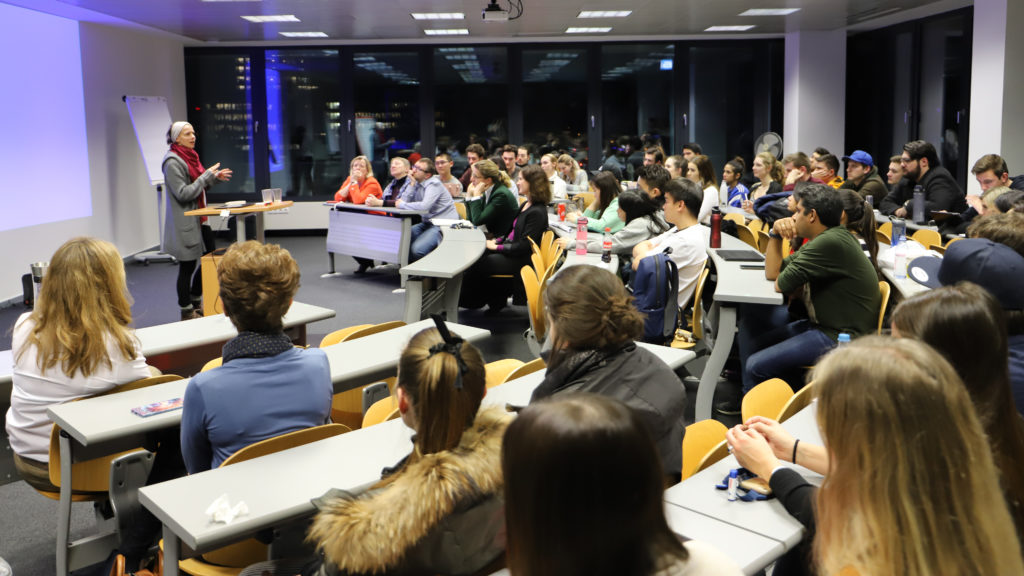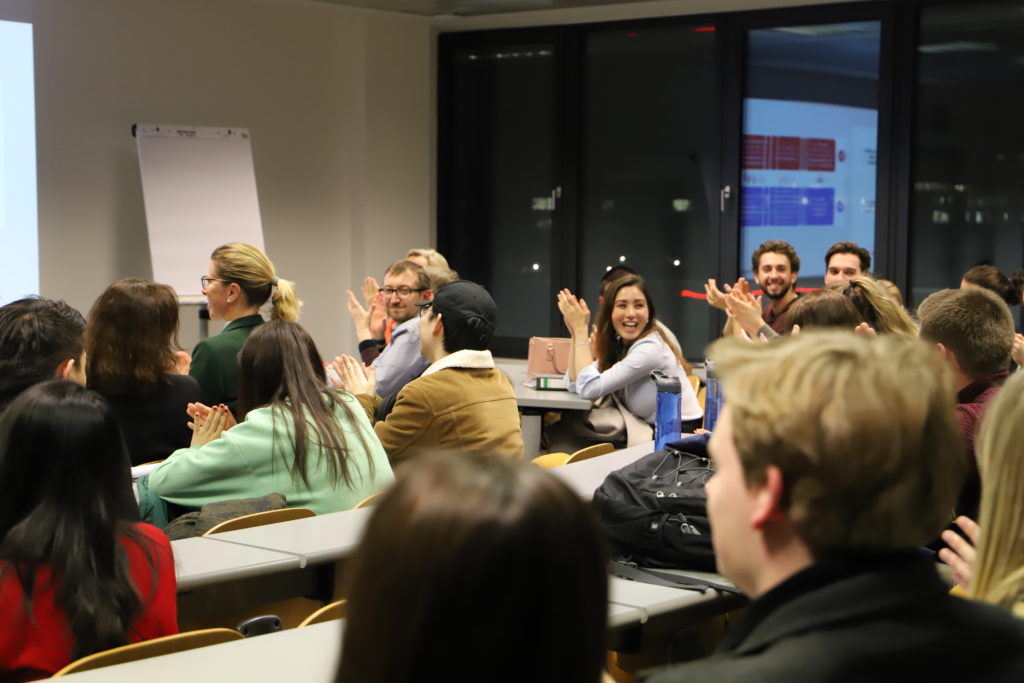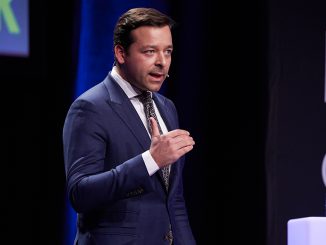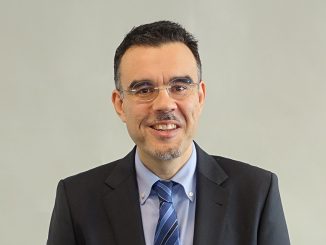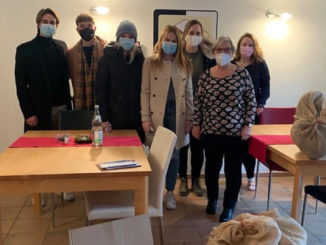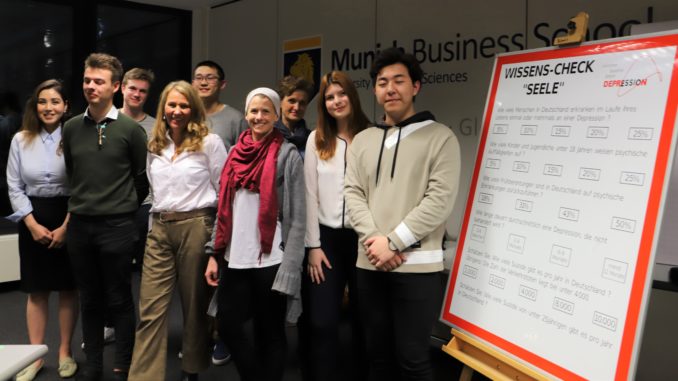
The social project is an integral part of the Bachelor program in International Business at Munich Business School. Always in the second and third semester, students work in groups on a charitable project in cooperation with an organization. The project can pursue a social, integrative, international or educational purpose. The social project of the students Jeongeun Lee, Xiao Xu, Pamela Fuchs, Xaver Schwarz, Jialin Tong and Henry Aechter dealt with the topic of mental health from fall 2019 to spring 2020. The MBS marketing team spoke to Pamela Fuchs in an interview to gain deeper insights into the social project.
As part of your social project, your group has deen dealing with menthal health. How did you come up with this topic? What is your interest in it?
Pamela Fuchs: The topic of mental health was brought up by me during one of our meetings. At the time someone close to me was dealing with the problem and I was researching on my own on how to help. I suggested to the group that we do something related and soon everyone was on board with it. Everyone became super involved with the topic and the project. Our team had agreed even before the topic was chosen that we wanted to do something that would directly affect MBS students in some way, and mental health awareness fitted perfectly to our goal.
What activities did you carry out within the social project?
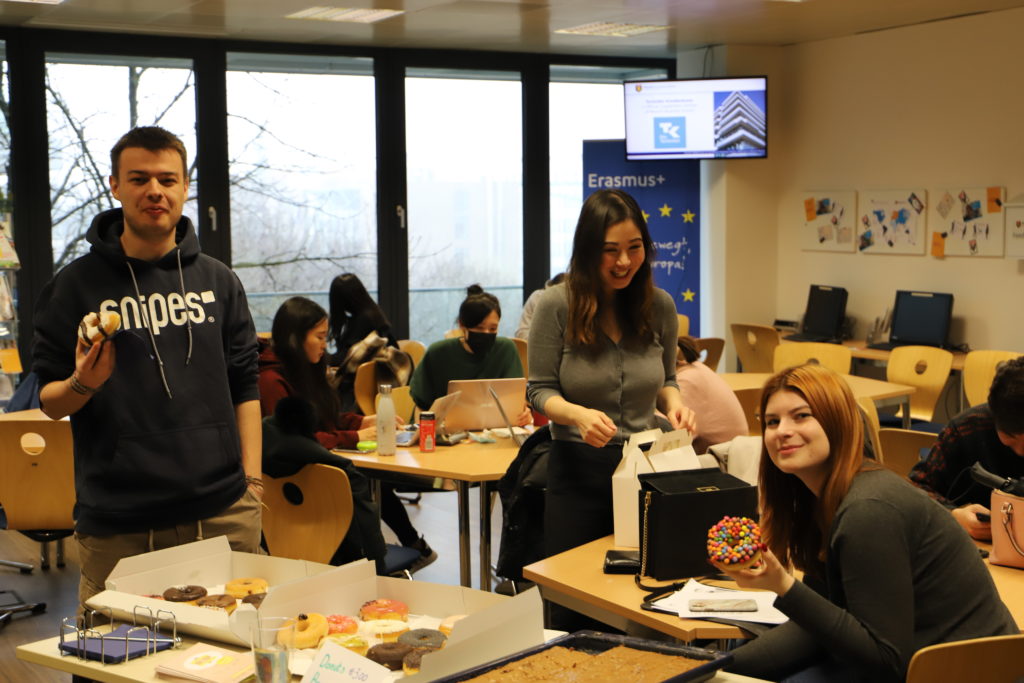
Pamela Fuchs: We contacted two organizations here in Munich that were very supportive towards our project. We decided together with them that spreading awareness of the topic is very important, specially in places like universities. A lot of students are living away from their families or living abroad for the first time, without any support system. So, we made it our goal to try and reach as many MBS students as we could. We organized a “Sugar Rush” fundraiser where we sold donuts and brownies at MBS. It was a success and we loved having the support from students, professors, and the management. The money was donated to Berg & Mental Café, where the money goes into suicide prevention and mental health awareness. We also had a talk at the MBS auditorium where the two organizations, the Berg & Mental Café and the Munich Association against Depression, gave speeches. We were really surprised at the number of people that showed up and the engagement of the audience when asking questions. It was a very rewarding experience and we received great feedback.
Why was it important to you to bring the topic of mental health to the outside world and prepare it for a broader public with a final lecture?
Pamela Fuchs: There is still a stigma surrounding the topic and by talking about it, it opens doors for people that suffer from it to reach out and seek help. We saw the opportunity to use MBS as a medium to spread the word. Even though the students itself might not suffer from it, there is always a chance someone close to them will go through it, a friend, a family member, and by having the basics about how to deal with the problem, they will be better prepared to face it. Taking care of our own mental health is extremely important and the sooner we learn it the better, specially in times like the one we are living now.
How did you organize the work in the group?
Pamela Fuchs: Our group changed a couple of times before we got into the final arrangement. We were able to choose our own members so, there were a few that left and others joined along the way. We organized the groupwork looking into everyone’s strengths. Everyone helped in what they thought they would succeed in. The whole project was filled with ups and down in our group, and learning how to work together took some time. Like in life nothing is perfect, but we managed to put our differences aside and work to get the job done. It was a great hands-on learning opportunity and I believe everyone in the group came out of it more responsible and better prepared for future projects.
A look into the future: How has the work on the social project brought you personally forward – both methodically related to project management skills and in terms of content?
Pamela Fuchs: I have changed a lot during the project. I feel that I am better prepared to take on responsibilities and deal with future group projects. Learning about project management in a classroom and learning it in practice is a lot different, therefore I am happy to have had the opportunity to do it both ways. In terms of mental health, I think this project was very beneficial for me. I learned a lot about the topic and how to help those around me. Today, I pay a lot more attention to my feeling and mind. I don’t wait anymore to have hit rock bottom to do something for my mental health, I have learned that taking care of my mind should be something I do every day. There’re many things I learned that help: meditate, read a book, or even just go for a walk (taking care of course), doing these things for ten to fifteen minutes a day can already help improve a lot. I now encourage my friends and family to do the same, and they are also seeing changes.
Especially now, in times of social insecurity and isolation, the topic of mental health is more topical and relevant than ever. What do you think it still needs to establish the topic more firmly in the society and create a greater awareness for it?
Pamela Fuchs: I think that now, more than ever we need to talk about mental health. These are uncertain times which can trigger anxiety and depression. So, try out new things, new recipes, books, movies, try to get distracted and believe that all of this is temporary. It is important to take care of yourself, your friends, and your family. I know it is lonely sometimes, so make sure to keep contact with those you love. I believe that these hard times will make our community stronger and more united.
Many thanks for the interview and the insights into the social project!

